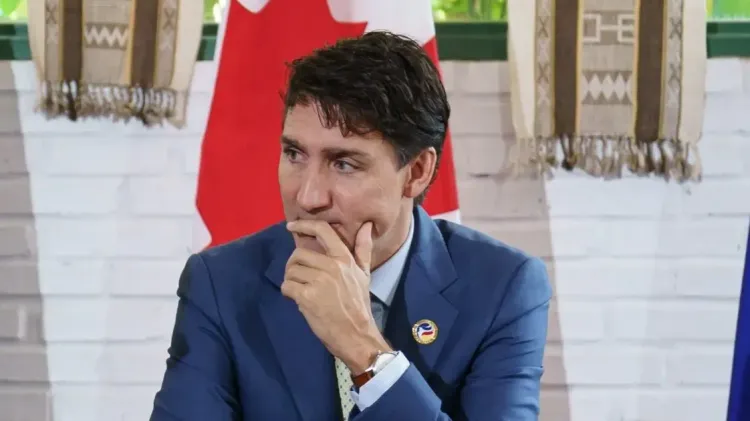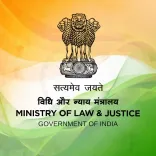Justin Trudeau Announces Resignation as Prime Minister of Canada

Ottawa, Jan 6 (NationPress) - On Monday, Justin Trudeau revealed that he will resign from his position as Prime Minister of Canada and as the leader of the Liberal Party once a new leader is elected.
Having led the Liberal Party since 2013 and served as the country's Prime Minister for over nine years, Trudeau made this announcement during a press briefing in Ottawa late Monday evening, according to India time.
In light of significant dissent within his party and unfavorable public opinion polls ahead of the upcoming general elections, Trudeau has also requested Governor-General Mary Simon to prorogue Parliament until March 24.
"I plan to resign as both party leader and Prime Minister after the party elects a new leader," Trudeau stated, mentioning that he had contemplated this decision during the holidays and with family the previous night.
The Liberal caucus is scheduled to convene on Wednesday.
Trudeau has faced increasing challenges, especially following Chrystia Freeland's sudden resignation as Finance Minister on December 16. Freeland criticized Trudeau in her resignation letter, heightening scrutiny on his leadership.
Moreover, Trudeau's minority Liberal government faced a significant setback in September 2024 when Jagmeet Singh's New Democratic Party (NDP) withdrew their support.
In a video statement, Singh accused the Liberals of failing the Canadian people and stated they no longer warranted the public's trust. This political blow has further weakened Trudeau's administration as the general elections approach.
Economic issues have compounded the struggles of the Liberals, with recent surveys indicating a notable drop in their popularity. Reports suggest that the Conservatives are likely to achieve a substantial victory in the forthcoming elections. Trudeau's office has not addressed the rumors regarding his resignation or provided comments outside regular business hours.
Trudeau first took charge of the Liberal Party in 2013, stepping in when the party was in a fragile state, having fallen to third place in the House of Commons.
His resignation would signify a major transition in Canadian politics, leaving the Liberal Party without a permanent leader at a crucial time.







